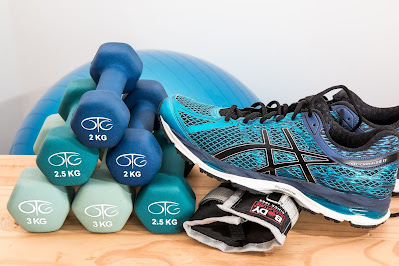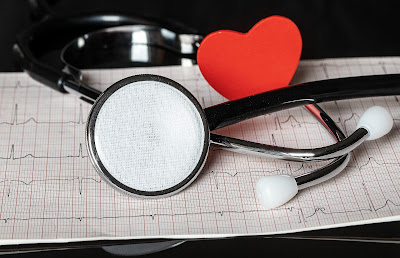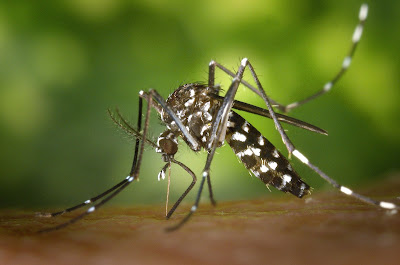Rectal bleeding is a symptom of a problem in the gastro intestinal tract. Bleeding may come from any area or structure in the GI tract that allows blood to leak into the GI lumen and come out through the anus.
Gastrointestinal (GI) bleeding involves any bleeding in the GI tract from the mouth, oesophagus, stomach, small intestines, large intestines, to the anus.
However, any level of bleeding can lead to serious problems. Microscopic levels of bleeding can lead to anemia over time, and more massive amounts of bleeding can leads to medical emergency.
Causes for Rectal Bleeding
- Hemorrhoids:Hemorrhoids are swollen rectal veins in the anal and rectal area. They can cause burning, painful and bleeding.
- Anal fissure:This is a tear in the lining of the rectum caused by the passage of hard stools and bleeding per rectum.
- Diverticulosis:Diverticula are out-pouching that project from the bowel wall. It is caused by decreased fiber in the diet. When the diverticula becomes inflamed and infected it is called diverticulitis, which may cause rectal bleeding sometimes.
- Infection:Bacterial dysentery is commonly the source of infectious, bloody diarrhea.
- Inflammation:Inflammatory bowel disease (IBD) is a common cause of rectal bleeding in adults, typically younger than 50 years of age.
- Angiodysplasia:This is a vascular problem that involves enlarged veins and capillaries in the wall of the right colon. These areas become fragile and can cause bleed.
- Bright red blood present in the stool
- Change in stool colour to black, red, or maroon
- Stool test positive for occult blood loss (blood may present, but you cannot see it)
- Rectal pain
- Confusion
- Dizziness, lightheadedness
- Fainting, palpitations or rapid heartbeat
Diagnostic tests
- Depending on the type and severity of bleeding
- Digital rectal examination:Initially examination for all rectal bleeding
- Blood tests:Complete blood counts and coagulation profile blood samples are taken to assess the extent of blood loss, the clotting ability of blood, and the possibility of infection.
- Flexible sigmoidoscopy:A flexible tube inserted into the rectum is used to evaluate the rectum and lower end of the colon.
- Colonoscopy:To study the entire large colon. It is used to locate areas of bleeding, masses, or irregularities.
- CT scan:May be used to diagnose diverticulitis or tumours in the bowel.
- Angiography:A contrast dye study is used to evaluate active areas of brisk bleeding.
- Decrease straining with bowel movements.
- Increase fibre in the diet and adequate water
- Take a sitz bath. This is a warm water bath with water just deep enough to cover the hips and buttocks, and can help relieve some symptoms of itching, pain and discomfort of hemorrhoids.
- Avoid drinking alcohol.
- if the person's symptoms do not improve within one week of treatment, or he or she is older than 40 years of age, a doctor should be seen for further evaluation.
- The majority of people with significant rectal bleeding are elderly. Members of this population commonly have many other medical problems. All other causes of rectal bleeding should be evaluated and treated by a physician promptly.











